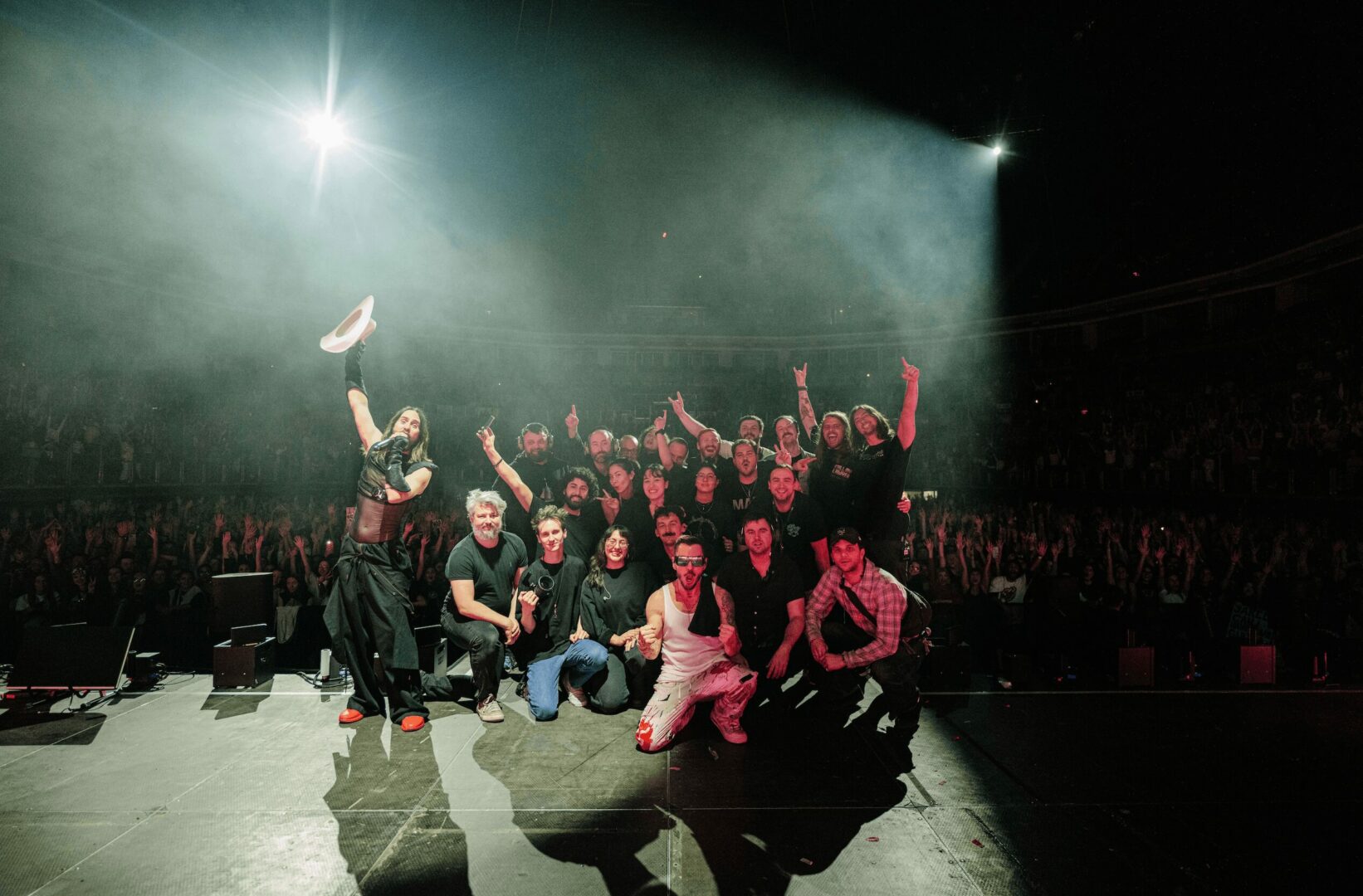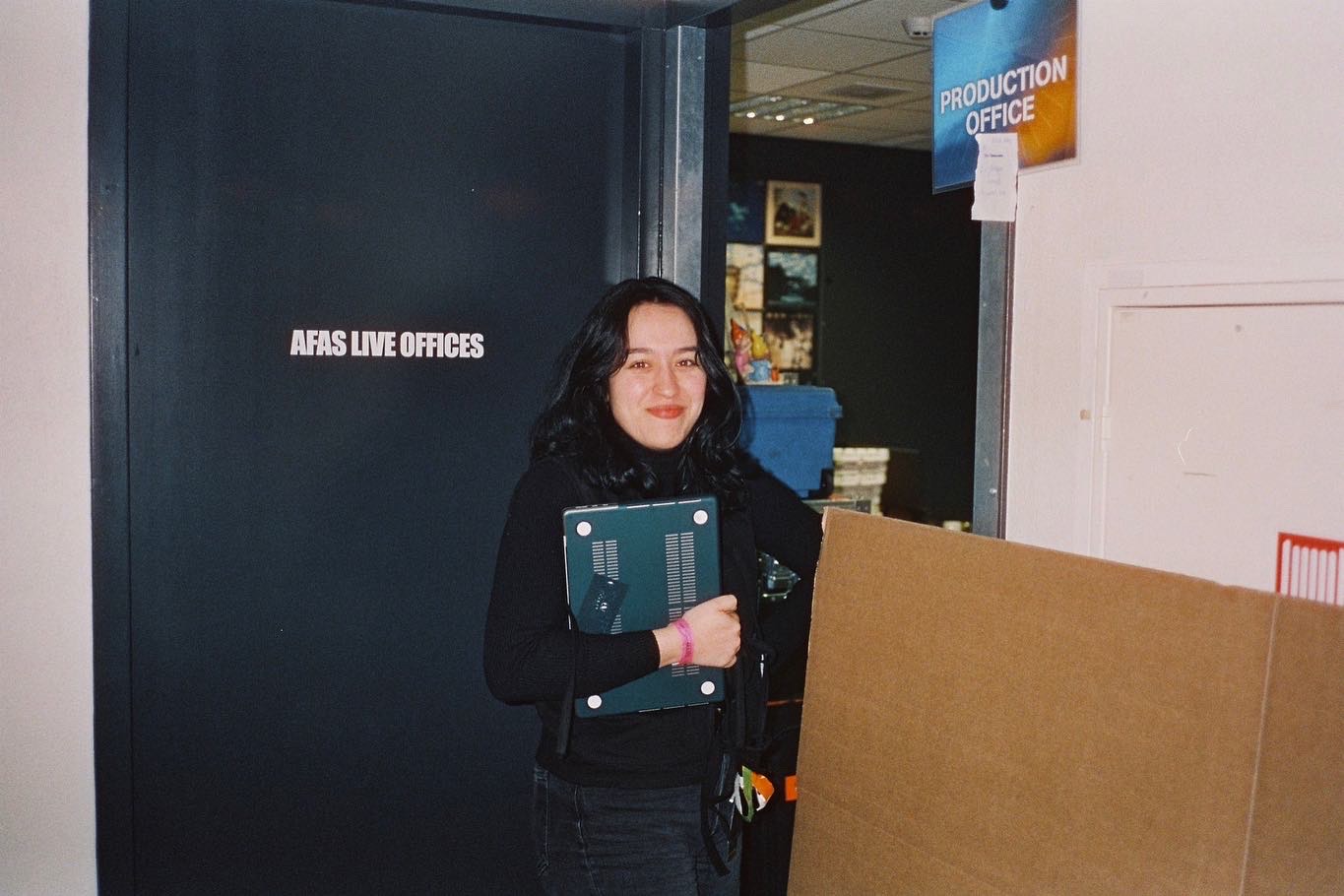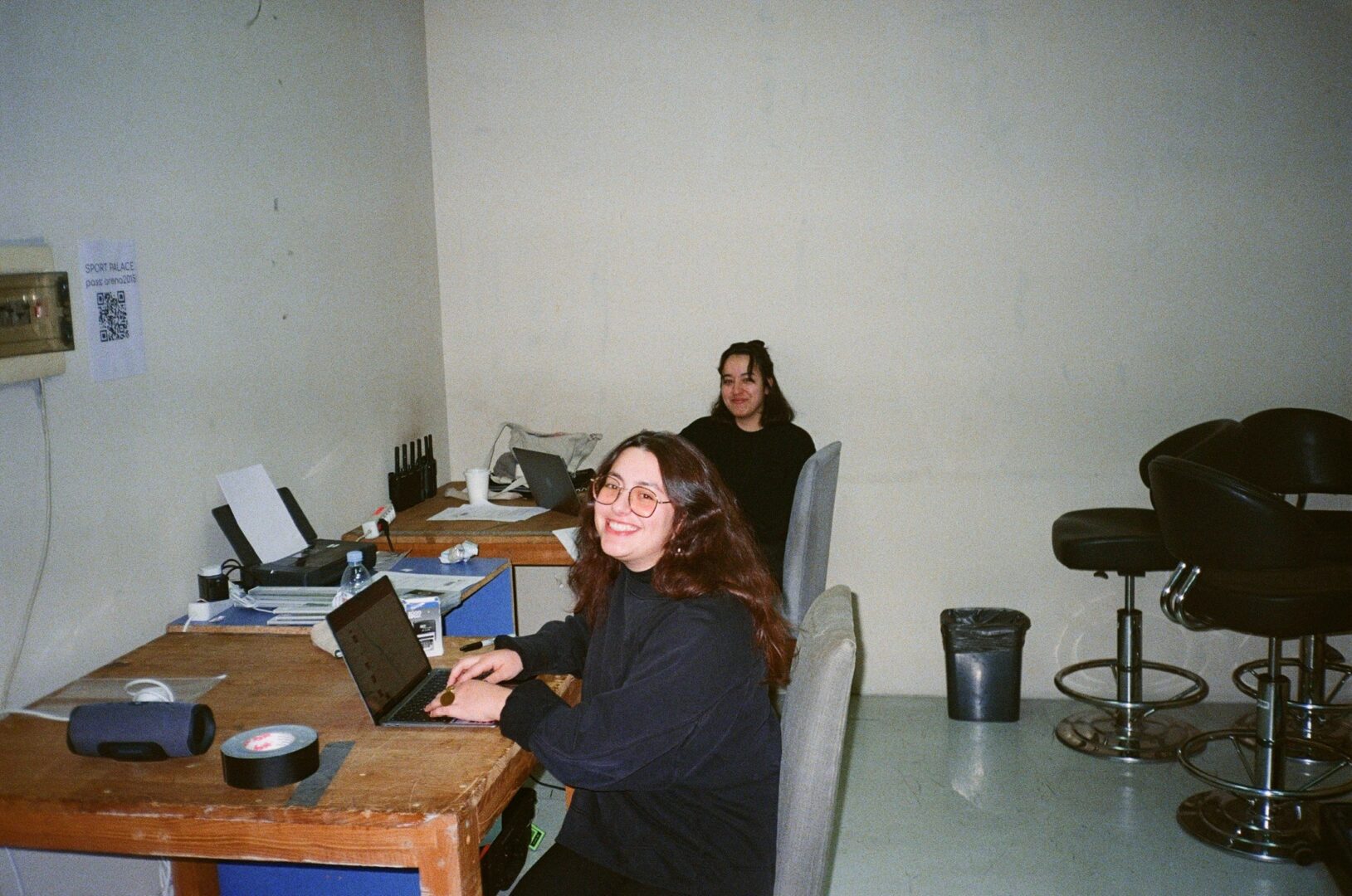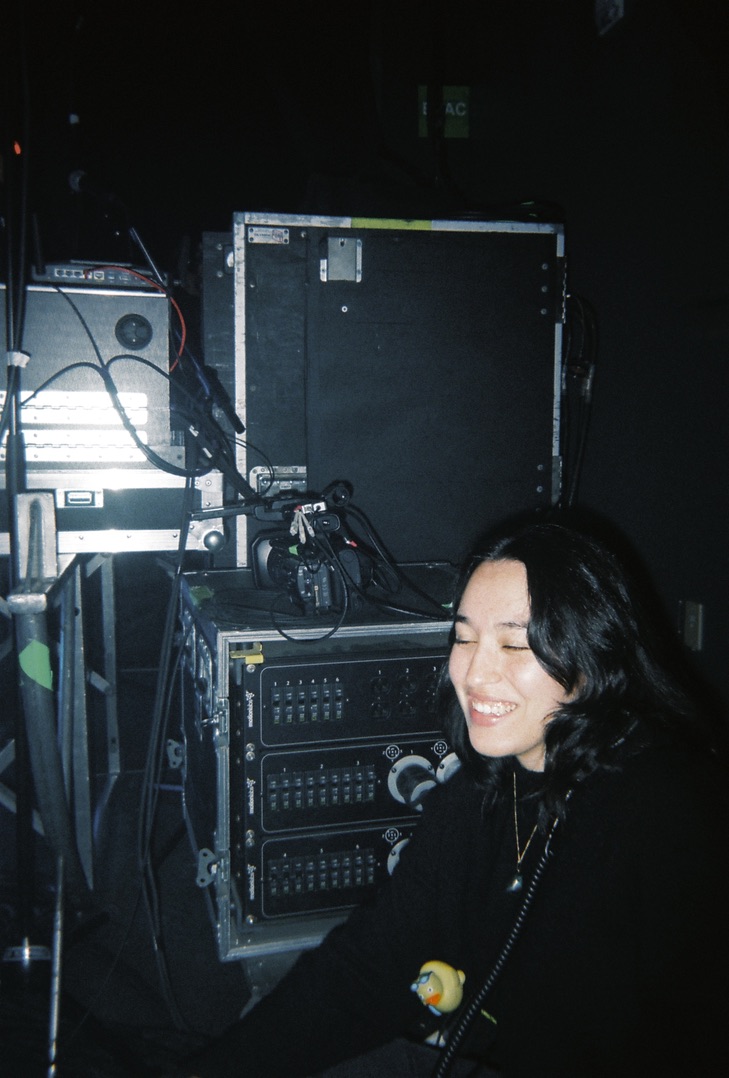We caught up with the brilliant and insightful Lou Rochdi a few weeks ago and have shared our conversation below.
Lou, so great to have you on the platform and excited to have you share your wisdom with our community today. Communication skills often play a powerful role in our ability to be effective and so we’d love to hear about how you developed your communication skills.
Growing up as a curious kid, I asked a lot of questions—and questioned authority even more. The one response I got over and over? “Because I said so.” Few took the time to explain why, and that created a lot of frustrations early on.
As I got older, I noticed how many issues could be avoided or resolved with effective communication. The key word here is ‘effective’—knowing when and how to communicate is crucial. Timing, word choice, and tone can make or break the message. That’s why, as a young adult, I decided to prioritize communication in every relationship, whether personal or professional.
However, early in my career I met people who believed many things don’t need to be communicated. Unfortunately, when you’re starting out, you often have to work within someone else’s values and I witnessed firsthand how a lack of communication can break trust within a team.
My ability to communicate grew from these experiences of both growing up and working under people who didn’t prioritize it. It taught me how necessary and powerful effective communication can be. Now, whether I’m managing a tour or volunteering with Gen Admission (a music nonprofit I founded), I bring this principle to everything I do. I make it a point to keep people informed—sharing what’s going well, what isn’t, what needs improvement, and how we plan to tackle any issues.
Communication is inclusion; it makes people feel part of the team, through the highs and lows. It develops trust and shows respect.

Appreciate the insights and wisdom. Before we dig deeper and ask you about the skills that matter and more, maybe you can tell our readers about yourself?
Like many in the live events world, I wear a lot of hats (hence the unnecessarily long job title). Over the past two years, my primary role has been as a Production Coordinator (PC) for artists Joji and Thirty Seconds to Mars.
You might be wondering—what does a Production Coordinator do? On tours where there are too many people for the Tour Manager (TM) to handle, they bring in a PC (like me) to focus on the crew while the TM focuses on the artist(s). I am responsible for everything travel and backstage—from flights, hotels, ground transportation, buses, parking, immigration and visas, dressing rooms, catering. Basically, I make sure the crew is in the right place, at the right time, fed, and happy. On big tours, it’s often feels like being a camp counselor to 50 to 70 grown adults.
Whether as a Tour Manager, Production Manager, or Production Coordinator, my roles are essential to the tour’s logistics. I’m first in, last out every day, which makes for long hours, but it means I get to have an impact on everyone’s day-to-day and witness every single moment that makes the show possible.
The best part of my job though, is being able to help create an unforgettable experience for the fans. I often think of the Dead Poet Society quote: “Medicine, law, business, engineering, these are noble pursuits and necessary to sustain life. But poetry, beauty, romance, love, these are what we stay alive for.” Music is one of those things we stay alive for. My job may not be essential to society, but concerts are powerful events that bring people together—experiences that many save for and anticipate for months. Live music brings so much happiness, and seeing that joy on fans’ faces night after night makes me incredibly proud of what I do.

Looking back, what do you think were the three qualities, skills, or areas of knowledge that were most impactful in your journey? What advice do you have for folks who are early in their journey in terms of how they can best develop or improve on these?
Firstly, this may sound strange, but: delusion. In college, one of our professors invited filmmaker R.J. Cutler to speak, and he shared a valuable insight—that one advantage of youth is a kind of delusional confidence: “you don’t know what you can’t do.” This mindset has been essential for me.
Starting a career in touring involves some luck, but once you get that first opportunity, you can’t afford to fail. I was thrown into my first tour last minute, with zero experience, and still enrolled in school. Looking back, taking on that much responsibility with so little knowledge was very risky. But at the time, I had no idea how hard it would be, and my “fake it till you make it” approach got me through. To survive, you need confidence in your skills, a willingness to take initiative, and the courage to ask questions when you’re unsure—all while staying proactive.
Secondly, taking calculated risks. The saying “the higher the risk, the higher the reward” is true, but so is the chance of loss. Touring is mainly a freelance industry. It’s risky and neither a conventional career nor stable source of revenue. But the rewards are worth it if you succeed. For instance, this year alone, I’ve traveled to 30 different countries—a lot for a 24-year-old.
Moving to Los Angeles was the biggest risk I took to make this career possible. I gave up a prestigious master’s program in France for an uncertain path filled with visa struggles and a year with no income. I’m fortunate the work I put in paid off, but I went into it knowing exactly what I could lose.
Finally, the ability to problem-solve and stay flexible. My role on tour exists because of everything that isn’t planned. If nothing went wrong, my job could almost be done remotely. The core of being a Tour or Production Manager/Coordinator is solving problems you can’t anticipate. Flights get canceled or rerouted, buses break down, gear gets lost in transit—anything can happen, anytime. But we always find solutions, sometimes ones that require serious out-of-the-box thinking.
For aspiring TMs, PMs, or PCs, remember that your temperament during a crisis matters almost as much as your problem-solving skills. If you stay calm, the team stays calm too.

Is there a particular challenge you are currently facing?
The biggest challenge I’m facing now is making the transition from Production Coordinator and Tour Manager to a full-time Production Manager role. I’m incredibly proud of the work I’ve done so far—every role I’ve taken on has taught me resilience, adaptability, and the importance of being resourceful under pressure. I genuinely love these positions, but my real goal is to move into production management.
I want to be building the show from the ground up, working with designers and vendors, building a cohesive and lasting team, and coordinating departments to bring an artist’s vision to life every night. The main challenge is that Production Managers typically come from technical roles or have floor experience, whereas my background is rooted in the production office. Transitioning into this new role will mean not only showing that I’m ready for the greater responsibility but also proving my capability to tackle technical challenges.
Right now, I’m focused on expanding my skill set and deepening my technical knowledge, building on the experience I’ve gained from working closely with Production Managers and our incredible crews over the past few years. I believe that anything can be learned, and I’m confident that my curiosity, work ethic, and passion for learning will help me get there. Every day, I’m actively learning, observing, and asking questions—and I know that with enough dedication, I’ll make this transition happen.
Contact Info:
- Website: https://lourochdi.wixstudio.io/production
- Instagram: https://www.instagram.com/lou_rhd/
- Linkedin: https://www.linkedin.com/in/louisarochdi/

so if you or someone you know deserves recognition please let us know here.




